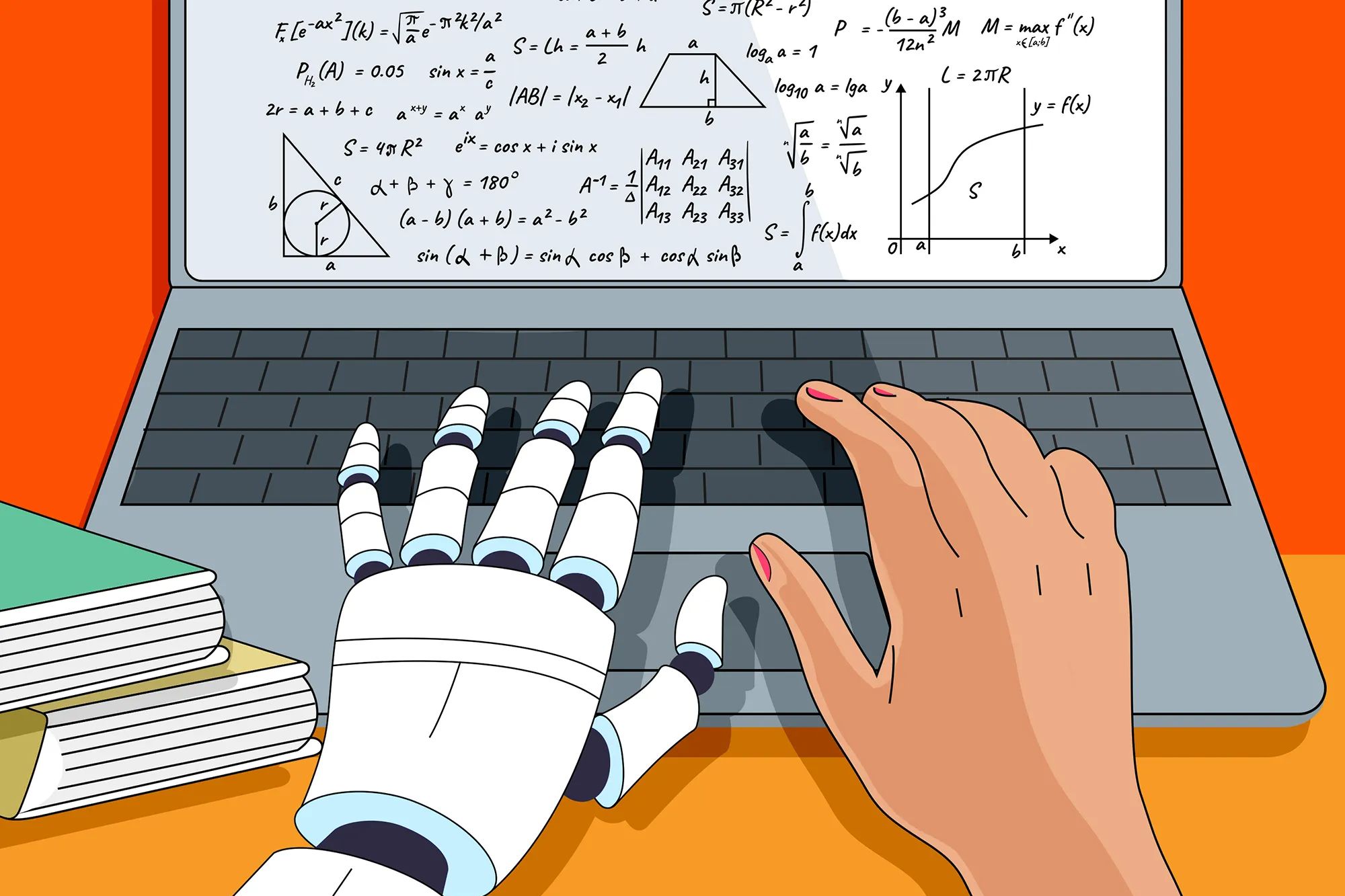AI and Academic Life at Hunter College High School
Amidst the buzz of high school life, it’s 3:30 p.m. and a student at Hunter College High School (HCHS) stares at a daunting essay rubric. With a deadline looming, ChatGPT seems like a tempting way to get a head start. While the use of generative AI tools was once unimaginable in high school settings, today it is becoming increasingly prevalent.
The Rise of AI in Education
As of early 2025, according to Pew Research, 26% of US high school students have used ChatGPT for school-related tasks, showing a significant leap from 2023 usage rates. At HCHS, a rigorous school in NYC, 72.3% of surveyed students admitted to using ChatGPT, with the average student engaging with AI about four times a month. This echoes a growing reliance on AI tools to manage academic demands.
Navigating the Academic Pressures
HCHS students juggle demanding coursework alongside extracurricular pursuits, making AI an appealing option for time management. Despite strict policies, many students find the benefits outweigh the risks. Some popular legal uses of ChatGPT include summarizing documents, checking work, and generating quiz materials. Sophomore Madelyn highlights its utility for managing time-consuming tasks, cautioning against over-reliance.
Changes in AI Capabilities
OpenAI’s 2024 updates to ChatGPT, including real-time web access, have enhanced its utility and appeal among students. This development has led to an increase in practical, productive use cases. However, students face ethical challenges in maintaining academic integrity, a topic that remains divisive among educators and learners alike.
Academic Integrity and AI
Despite AI’s allure, HCHS maintains a strict anti-cheating stance. The student handbook emphasizes the prohibition of AI-generated content unless explicitly authorized by instructors. Consequences for violations can include failing grades or expulsion, aligning with the English Department’s focus on developing writing skills.
While AI-detection tools like Turnitin provide some oversight, students often exploit loopholes and minor assignments can remain unchecked. Yet, teachers are often more aware than students realize, with some having a clear notion of who might be using AI inappropriately.
AI: Tool or Crutch for Learning?
Some students see AI as a step towards developing valuable skills, given AI’s growing presence in professional settings. They argue for using AI to enhance learning rather than replace it. For instance, students utilize various AI tools like QuillBot and Mathaway for proofreading and homework assistance.
However, usage varies. Many who abstain cite concerns over reliability and potential disciplinary actions. The debate over AI tools as educational aids versus ethical pitfalls continues to shape student experiences and academic practices.
Reflections on AI’s Role
HCHS teachers stress the importance of traditional learning methods. They warn that AI tools, while useful, cannot replace critical thinking and crafting original essays. The inroads AI makes into classroom settings challenge educators to adjust their teaching strategies while maintaining core educational values.
Sophomore Penelope voices skepticism, pointing out that AI cannot surpass personal effort and critical thought in producing quality work. As technology evolves, educators and students alike navigate these complexities, seeking a balance between innovative tools and foundational learning experiences.
Note: This article is inspired by content from New York Post. It has been rephrased for originality. Images are credited to the original source. For more detailed insights, subscribe at aitechtrend.com.

